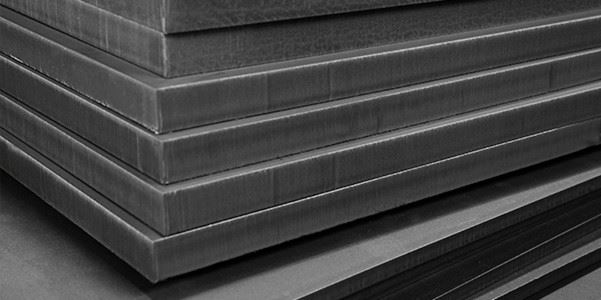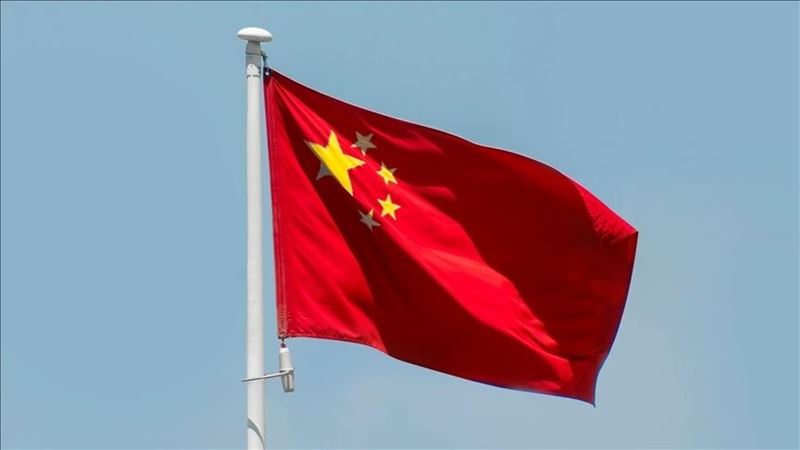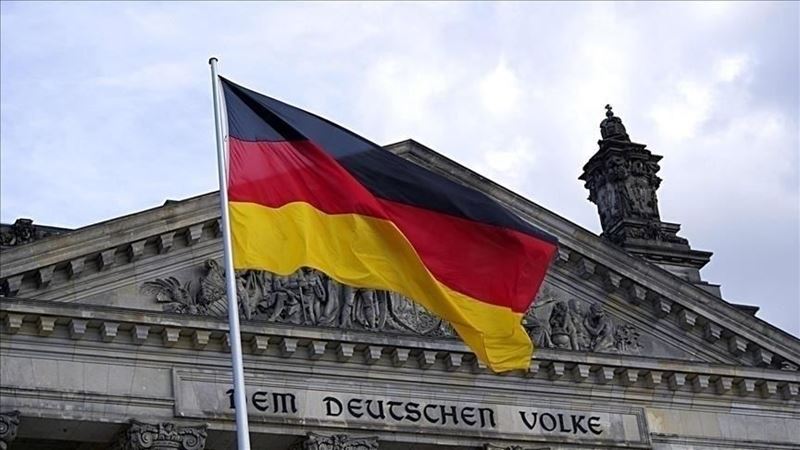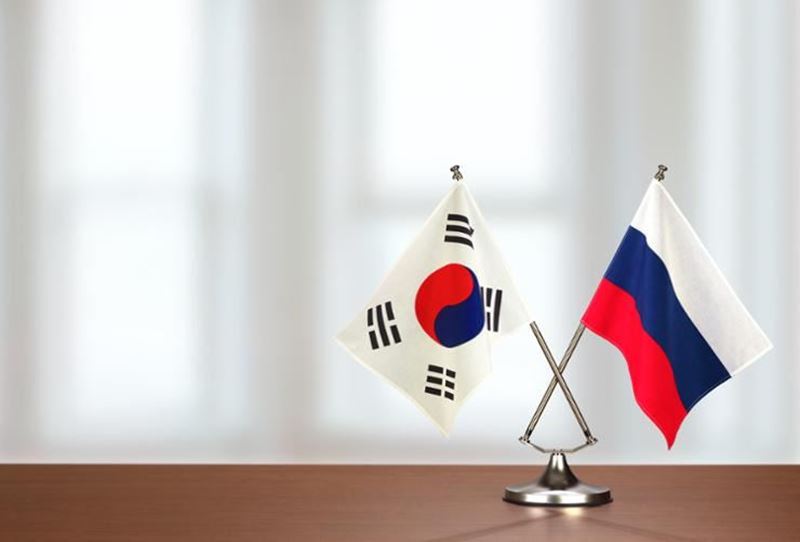The delay in negotiations stems from factors such as the decline in iron ore prices and the steel sector's demand for price increases amidst economic slowdown.
The shipbuilding sector is calling for further reduction in heavy plate prices due to the drop in iron ore prices. Heavy plate prices were set at around 1 million won (718 USD) per ton in the first half of last year, and lowered to 900,000 won (646 USD) in the second half.
Meanwhile, the steel sector argues for increasing heavy plate prices due to rising labor costs and electricity prices. The increase in industrial electricity prices has adversely affected the cost of steel products.
The situation worsens with the slowdown in domestic steel demand and increased imports of Chinese steel to Korea. According to the Korea Iron and Steel Association, imports of Chinese steel products exceeded 4.07 million tons as of May this year, up from 3.96 million tons during the same period last year.
The delay in negotiations poses challenges for the shipbuilding sector. If heavy plate prices rise further, there is a risk that the recently started profitability improvement could slow down.
Currently, Chinese heavy plate prices are around 900,000 won (646 USD) per ton, approximately 200,000 won (143 USD) lower than local heavy plates.
With sharp conflicts of interest between the two sectors, the likelihood of reaching an agreement through negotiations is low. This uncertainty creates challenges for both the shipbuilding and steel industries, expected to face difficulties in the coming months.









Comments
No comment yet.